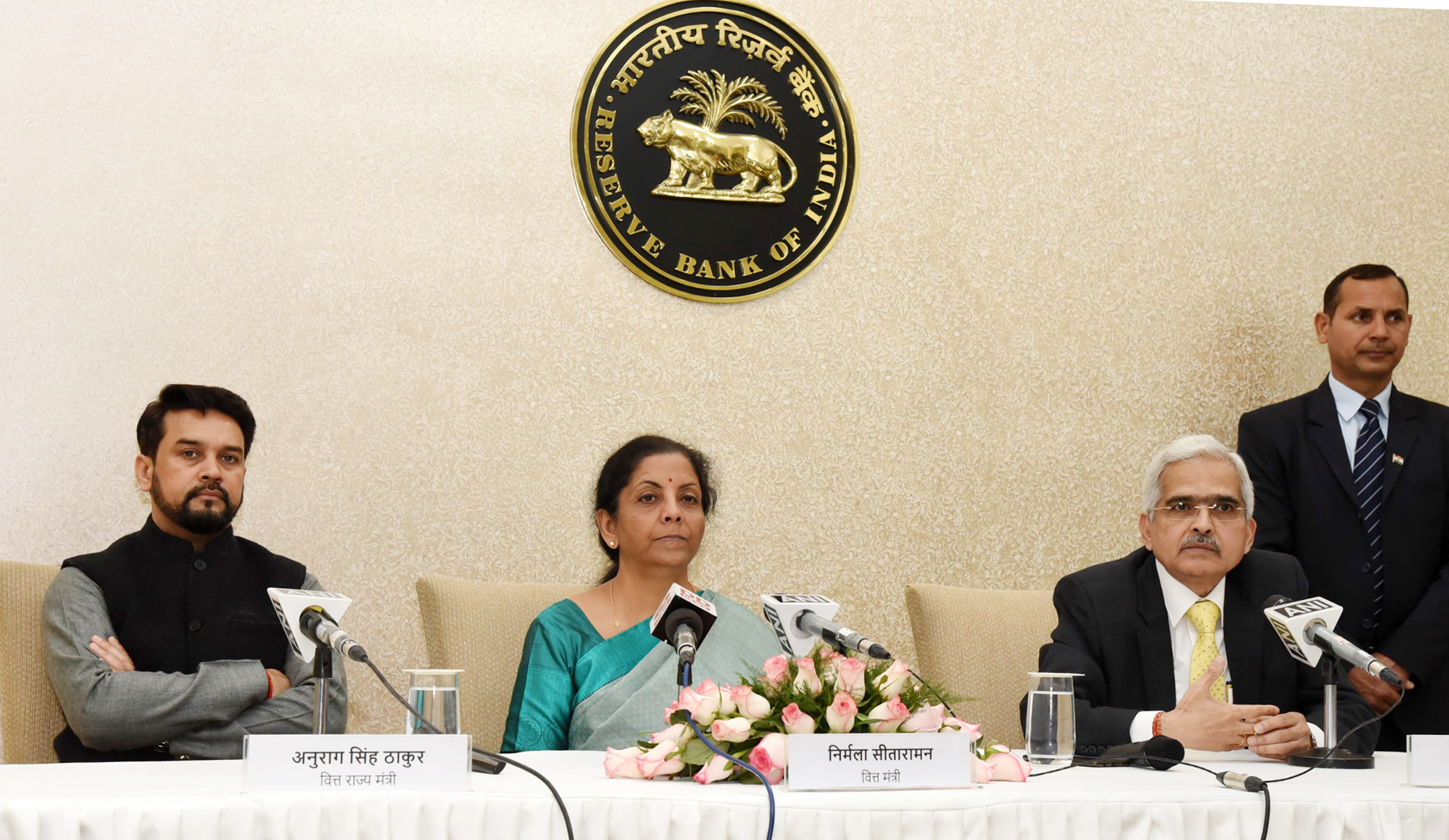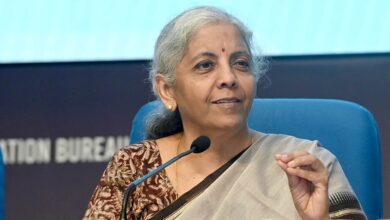
The Reserve Bank of India (RBI) on Friday announced that moratorium on term loan installments will be extended for another three months. This means if you don’t pay EMI on your home loan, car loan, personal loan or other term loan till August 31 you will not be classified as ‘defaulter’.
Just a couple of days after the imposition of nationwide lockdown the RBI had announced moratorium of term loan installments. It was for a period of three months from 1 March 2020 to 31 May 2020. EMI moratorium, which is also known as EMI holiday, has been now extended till 31 August 2020.
This will provide relief to borrowers whose income has been disrupted due to the lockdown. However, you will have to keep in mind that this is not a waiver of interest. This is just a deferment of payments. So the interest will continue to accrue on the outstanding portion of the loan during the moratorium period.
What are the options in front of you? There are three options. If you keep the amount of EMI unchanged, the loan tenure will get extended. So for deferment of six EMIs you may be required to pay 10 EMIs more. The second option is if you want to keep the loan tenure same, then the amount of EMI will have to be increased. The third option is you pay the interest accrued during moratorium period at one go. Then your EMI and loan tenure will be as usual.
If your income has not been impacted then it is advisable that you continue paying the EMIs as the interest will accrue and will have extra burden on your finances.
If your income has not been impacted then it is advisable that you continue paying the EMIs as the interest will accrue and will have extra burden on your finances. However, the RBI’s action is a big relief for those whose income has been disrupted. Under normal circumstances, if loan repayment is deferred then the borrower’s credit history and risk classification of the loan can be adversely impacted. As per the RBI’s measures, the deferment of loan repayments during 1 March 2020 to 31 August 2020 period would not have any impact on the credit history of the borrowers.
On two separate occasions (March 27 and April 17, 2020), the RBI had announced a number of measures to ease financial stress. These measures include (a) granting of 3 months moratorium on term loan installments; (b) deferment of interest for 3 months on working capital facilities; (c) easing of working capital financing requirements by reducing margins or reassessment of working capital cycle; (d) exemption from being classified as ‘defaulter’ in supervisory reporting and reporting to credit information companies; (e) extension of resolution timelines for stressed assets; and (f) asset classification standstill by excluding the moratorium period of 3 months, etc. by lending institutions.
“In view of the extension of the lockdown and continuing disruptions on account of COVID-19, the above measures are being extended by another three months from June 1, 2020 till August 31, 2020 taking the total period of applicability of the measures to six months (i.e. from March 1, 2020 to August 31, 2020),” RBI Governor Shaktikanta Das said on Friday.
The lending institutions are being permitted to restore the margins for working capital to their original levels by March 31, 2021. Similarly, the measures pertaining to reassessment of working capital cycle are being extended up to March 31, 2021, he added.
Additionally, it has been decided to permit lending institutions to convert the accumulated interest on working capital facilities over the total deferment period of 6 months (i.e. March 1, 2020 up to August 31, 2020) into a funded interest term loan which shall be fully repaid during the course of the current financial year, ending March 31, 2021.
In view of the current difficulty in raising resources from capital markets, the group exposure limit of banks is being increased from 25 per cent to 30 per cent of eligible capital base, for enabling corporates to meet their funding requirements from banks. The increased limit will be applicable up to June 30, 2021.
The RBI lowered repo rate 4 per cent from 4.4 per cent. This will allow banks to reduce interest rates that will lead to lower EMIs. Repo rate is the interest rate at which the RBI lends short-term funds to commercial banks. The reverse repo rate is reduced to 3.35 per cent from 3.75 per cent.
Meanwhile, the RBI lowered repo rate 4 per cent from 4.4 per cent. This will allow banks to reduce interest rates that will lead to lower EMIs. Repo rate is the interest rate at which the RBI lends short-term funds to commercial banks. The reverse repo rate is reduced to 3.35 per cent from 3.75 per cent.
The Monetary Policy Committee, which is headed by the RBI Governor, is of the view that the macroeconomic impact of the Covid-19 pandemic is turning out to be more severe than initially anticipated.
“Beyond the destruction of economic and financial activity, livelihood and health are severely affected. Judging that the risks to growth are acute, while the risks to inflation are likely to be short-lived, the MPC believes that it is essential now to instil confidence and ease financial conditions further,” Das said.
“This will facilitate the flow of funds at affordable rates and rekindle investment impulses. It is in this context that the MPC voted to reduce the policy repo rate by 40 basis points from 4.4 per cent to 4.0 per cent. If the inflation trajectory evolves as expected, more space will open up to address the risks to growth,” he added.




